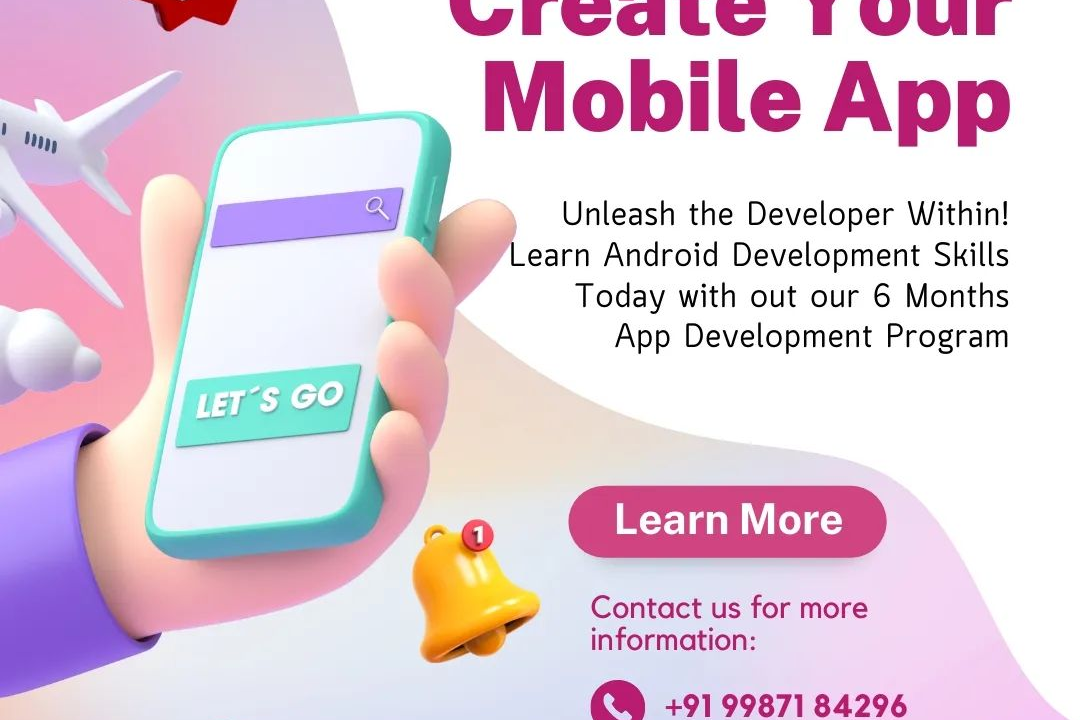Android development methodologies
Exploring Android Development Methodologies
Android development methodologies
Android development methodologies refer to the structured approaches used to plan, execute, and deliver Android applications. Key methodologies include Agile, which promotes iterative development and continuous feedback through frameworks like Scrum and Kanban, allowing teams to adapt to changing requirements efficiently. Waterfall is another traditional methodology that follows a linear progression through distinct phases: requirements, design, implementation, testing, and maintenance, though it can be less flexible to changes. Some developers also use hybrid approaches that combine elements of Agile and Waterfall to benefit from both adaptability and structured phases. Ultimately, choosing the right methodology depends on project scope, team size, and stakeholder involvement, aiming to improve productivity, enhance collaboration, and deliver high-quality apps.
To Download Our Brochure: https://www.justacademy.co/download-brochure-for-free
Message us for more information: +91 9987184296
1 - Waterfall Model: A linear and sequential approach where each phase must be completed before the next begins. It’s straightforward but inflexible to changes.
2) Agile Methodology: Focuses on iterative development, where requirements and solutions evolve through collaboration. Agile encourages adaptive planning and quick response to change.
3) Scrum Framework: A subset of Agile, Scrum divides the project into small units called sprints, usually lasting 2 4 weeks. It emphasizes collaboration, daily stand ups, and retrospective meetings.
4) Kanban Method: Another Agile approach using a visual board to track tasks in various stages of development. It emphasizes continuous delivery without overloading the team.
5) Extreme Programming (XP): An Agile methodology that emphasizes technical practices to enhance software quality and responsiveness to changing customer requirements. Key practices include continuous testing and frequent releases.
6) Feature Driven Development (FDD): An iterative and incremental model that focuses on delivering tangible, working software features. The process is organized into small, well defined features.
7) Rapid Application Development (RAD): Emphasizes quick development and iteration of prototypes, ensuring flexibility and minimizing time spent on lengthy documentation.
8) Lean Software Development: Adapts principles from lean manufacturing, emphasizing value delivery, eliminating waste, and ensuring that every part of the process adds value to the end user.
9) Test Driven Development (TDD): A development process where developers write tests before coding. This helps ensure that the software meets requirements and minimizes bugs.
10) Behavior Driven Development (BDD): An extension of TDD that involves defining behavior driven tests in a natural language style to improve communication among stakeholders.
11) Model Driven Development (MDD): Focuses on creating and exploiting domain models, which are conceptual models to facilitate understanding and design of a software system.
12) Incremental Development: Similar to Agile, this methodology divides the software development process into smaller segments, allowing for incremental progress, continuous feedback, and regular adjustments.
13) Spiral Model: Combines iterative development with the systematic risk assessment of the Waterfall model. It helps manage risks through repeated cycles or spirals of development.
14) Continuous Integration/Continuous Deployment (CI/CD): An approach that emphasizes frequent integration of code changes and immediate deployment, promoting early detection of issues and faster delivery of features.
15) Design Thinking: A methodology focused on user centric design, encouraging teams to develop empathy with the user experience and iterate based on user feedback to create innovative solutions.
16) DevOps Integration: Combines development and operations to enhance collaboration and productivity by automating infrastructure, workflows, and continuously measuring application performance.
These methodologies offer diverse strategies for Android development, each suited for different project types and team dynamics. Understanding these can help shape an effective training program for students eager to enter the field.
Browse our course links : https://www.justacademy.co/all-courses
To Join our FREE DEMO Session: Click Here
Contact Us for more info:
React JS Advanced Concepts
Advantages of TypeScript over JavaScript
best java project training institution in hyderabad
Laravel GET vs FIRST
iOS Training in Moga











